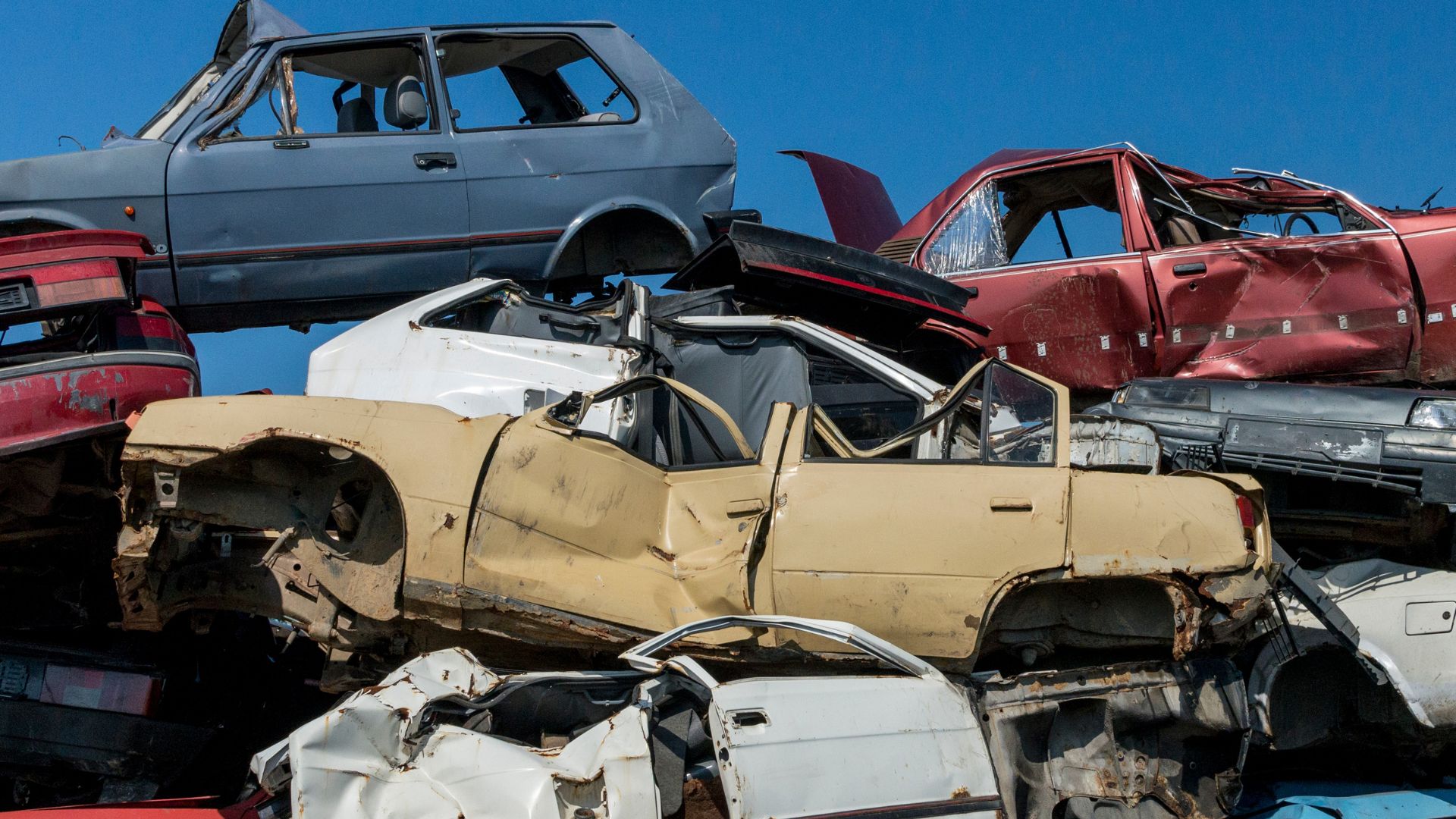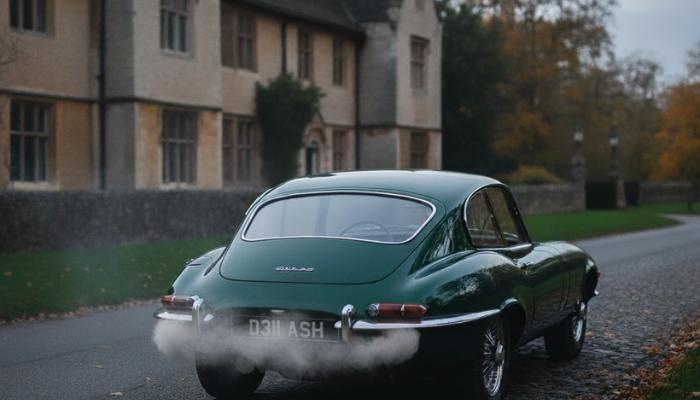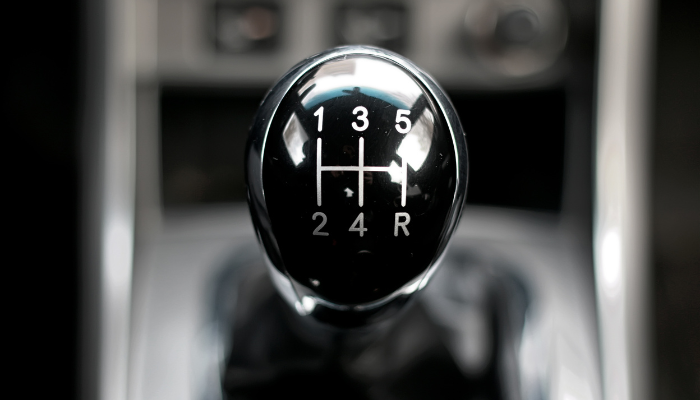Recent comments made by the shadow transport secretary, Louise Haigh MP, are concerning for classic car enthusiasts. When questioned about the possibility of a nationwide scrappage scheme being reintroduced under a labour government, Ms Haigh said such a scheme is something her party are ‘looking really carefully at’.
The comments, which were made at a recent Labour Party Conference, follow a tweet by the shadow transport secretary back in March, which stated: ‘We’ll help families with grants and interest-free loans to make the switch to affordable clean vehicles, and trial a national scrappage scheme’.
These comments come as a concern for many within the classic car industry who remember only too well the devastating impact of the original national scrappage scheme, which was first introduced in 2009. During the period in which the scheme ran, almost 400,000 cars were destroyed as owners of cars over a decade old were offered £2000 towards the cost of a new car when they scrapped their old one.
From an environmental perspective, the original scrappage scheme did the planet a favour by removing some of the most polluting vehicles from the road. However, classic car enthusiasts watched in horror as many rare and desirable classics were destroyed in the process.
Amongst the cars weighed in for scrap were several V12 Jaguars, three Porsche 928s, 14 Subaru Impreza Turbos, an Alpine B7, two Renault Clio Williams, 31 Peugeot 205 GTIs, 66 Volkswagen Corrados and a great many Series Land Rovers.
While these schemes are designed to benefit the environment, many would argue that classic cars are actually a fantastic example of recycling. Indeed, the pollution generated in the production of brand-new cars is considerable and surely worthy of consideration when weighing up the merits of policies like a nationwide scrappage scheme.
A few years back, there were rumours of a £6000 incentive to encourage drivers to switch to electric or hybrid vehicles, but the government subsequently distanced itself from these speculations. The original scrappage scheme ended back in 2010, and there hasn’t been another since on a nationwide scale, although some manufacturers and local authorities have introduced similar schemes. One example was the Transport for London scheme. As part of the Ultra Low Emission Zone, drivers were incentivised to scrap their older, more polluting, cars. This scheme, which is currently closed, resulted in the destruction of 15,000 vehicles.
Similarly, in Birmingham, low-income residents working in the Clean Air Zone are offered £2000 to scrap a non-compliant vehicle. Payments can be received as either public transport credits or as a discount off a compliant vehicle.
Some have suggested that, should a new nationwide scrappage scheme be introduced, there ought to be an amendment to help protect increasingly rare cars and prevent history from repeating itself. Those within the classic car industry will certainly be hoping that lessons have been learned from last time.
The next general election is due to take place in January 2025, providing an earlier one isn’t called. Regardless of which party wins at the next general election, the new leader will be under pressure to encourage drivers to switch to electric vehicles. The sale of new petrol and diesel cars is set to be banned just five years later, in 2030. Is a new nationwide scrappage scheme the answer?







Leave A Comment